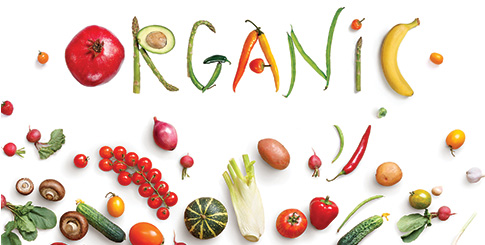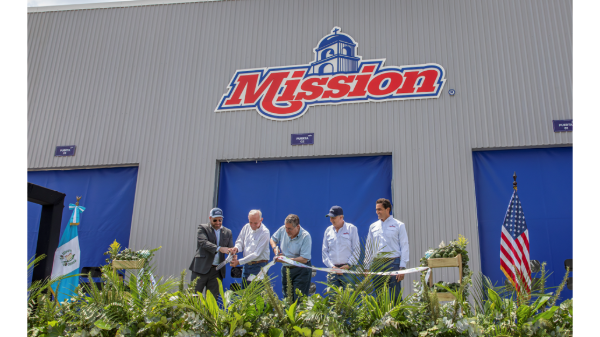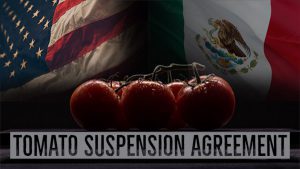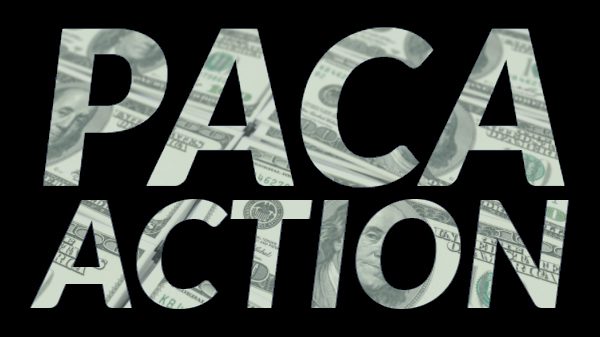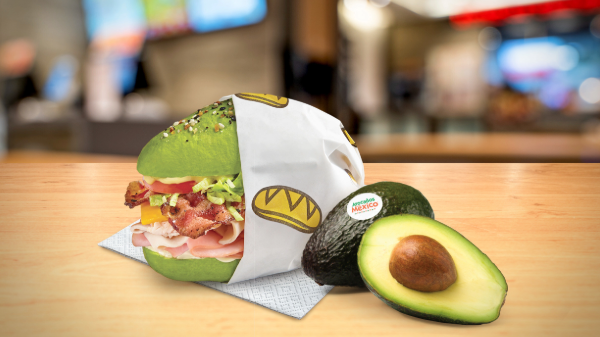Welcome to Blue Book!
Are you ready to join the thousands of companies who rely on Blue Book to drive smarter decisions? View our plans and get started today!
Still have questions? We’d love to show you what Blue Book can do for you. Drop us a line– we’ve been waiting for you.
Another facet of traceability is preventing fraud.
Blockchain’s ability to maintain an immutable record of the chain of custody increases confidence that labeling on a product—such as a U.S. vineyard’s label or a box of New Zealand-grown kiwis—is accurate.
Similarly, blockchain is helpful in tracking organic products. Growers based in the Miyazaki Prefecture of Japan are involved in a pilot with Information Services International-Dentsu and Guardtime to track organic vegetables from field to table.
The pilot allows everyone from the grower to the certifying agent to an Italian restaurant to see where the produce has been throughout its journey.
Walmart is also tracking compliance: as a case moves along the supply chain, trade partners can add retailer-required information to the blockchain ledger such as insurance, operating licenses, social responsibility audits, safety audits, food safety information, and other documentation.
Sustainability is another area where blockchain can be useful, since data could include shelf life information, as determined by conditions throughout the supply chain.
“We envision side benefits from a sustainability standpoint because we could potentially reduce the amount of food waste associated with product removals,” says Bil Goldfield, director of corporate communications for Dole Food Company.
Item-level freshness information could mean only specific items of concern would be removed from store shelves. Blockchain may also aid in consumer branding efforts by allowing consumers to easily see on their smartphones where an item came from, when it was harvested, and other information about a particular clamshell, bag, or head of lettuce.
Melanie Nuce, senior vice president of corporate development at GS1 US, says consumers increasingly want to know the provenance of the fresh items they buy, as well as other information such as allergens, and blockchain can enable marketers to add this desired transparency.
A number of marketers are already testing various aspects of blockchain from organic soil verification and certifying criteria to allowing shoppers to access photos of farms and other details.
“Food safety is what’s driving interest,” says Peter Mehring, CEO of San Jose, CAbased Zest Labs, which specializes in using IoT (the internet of things) and other tech solutions for fresh management and waste reduction, but “there’s more you can do with blockchain in fresh management and in connecting the grower and the consumer.”
Trade partners can view an item’s history, as a retailer would in a recall situation, but “growers can see what happens upstream, which doesn’t usually happen now.”
Users are often surprised by the types of data they can access to help make better business decisions. “A company armed with this information could pinpoint weak links in the supply chain, make operational improvements, and determine why problems are occurring,” Mehring says.
—–
This is an excerpt from the most recent Produce Blueprints quarterly journal. Click here to read the full article.



